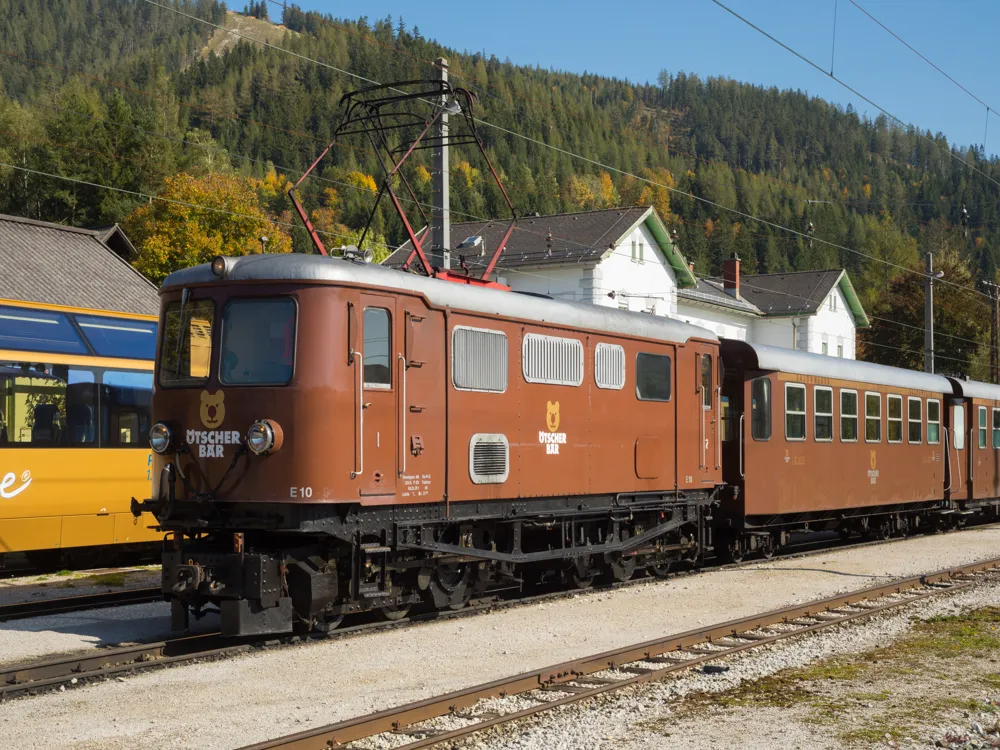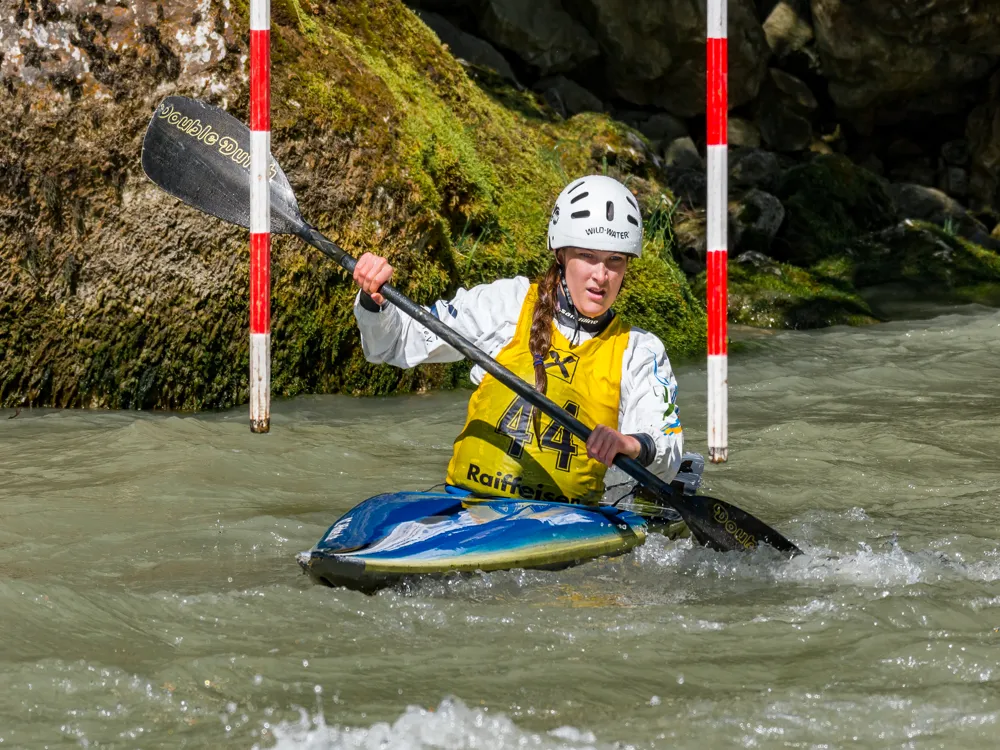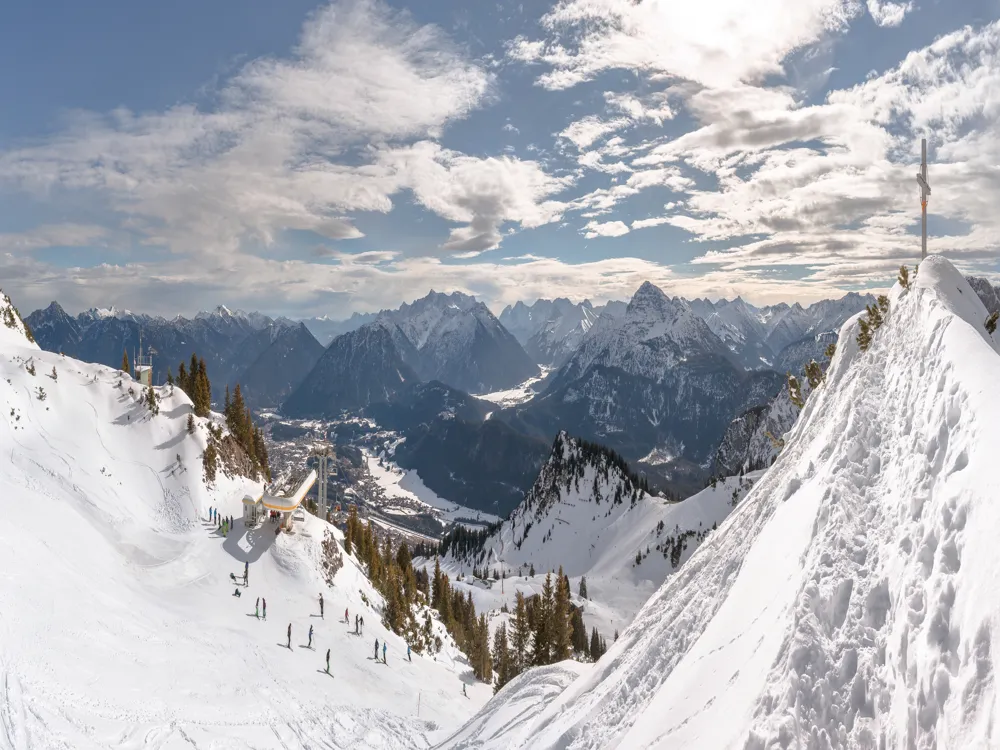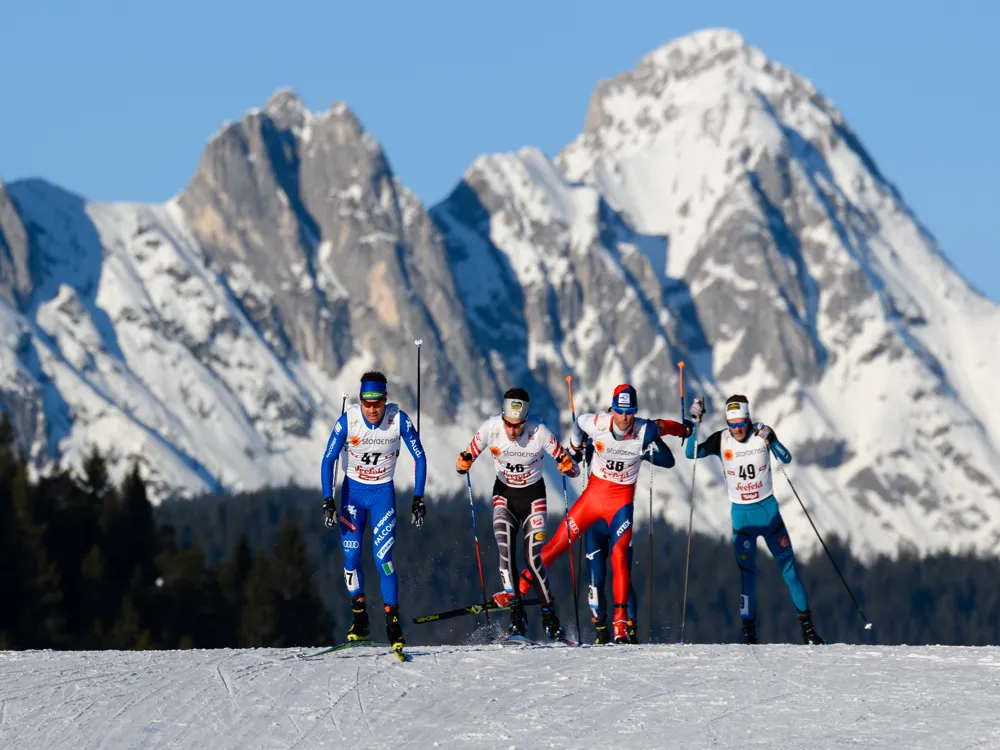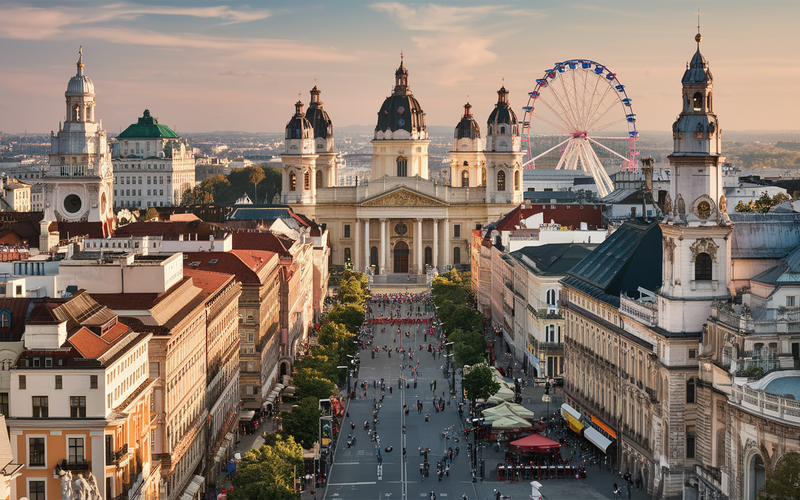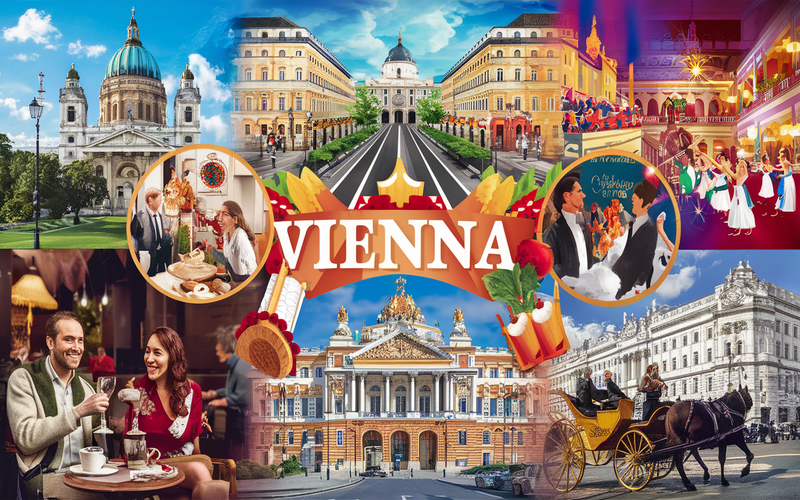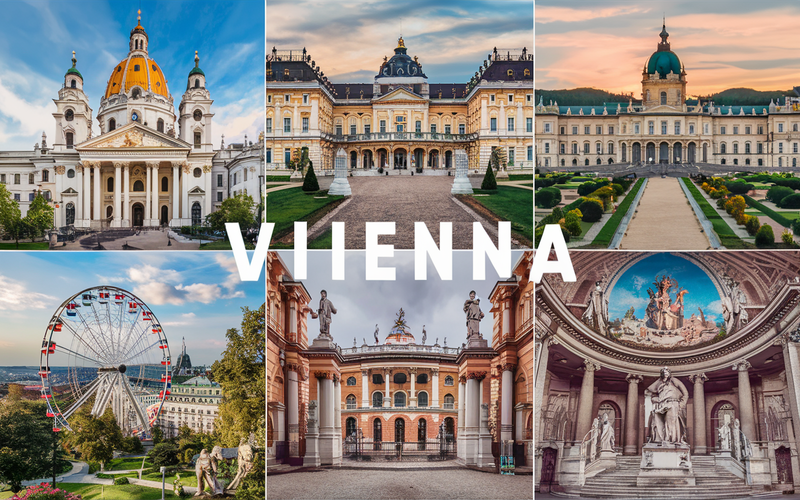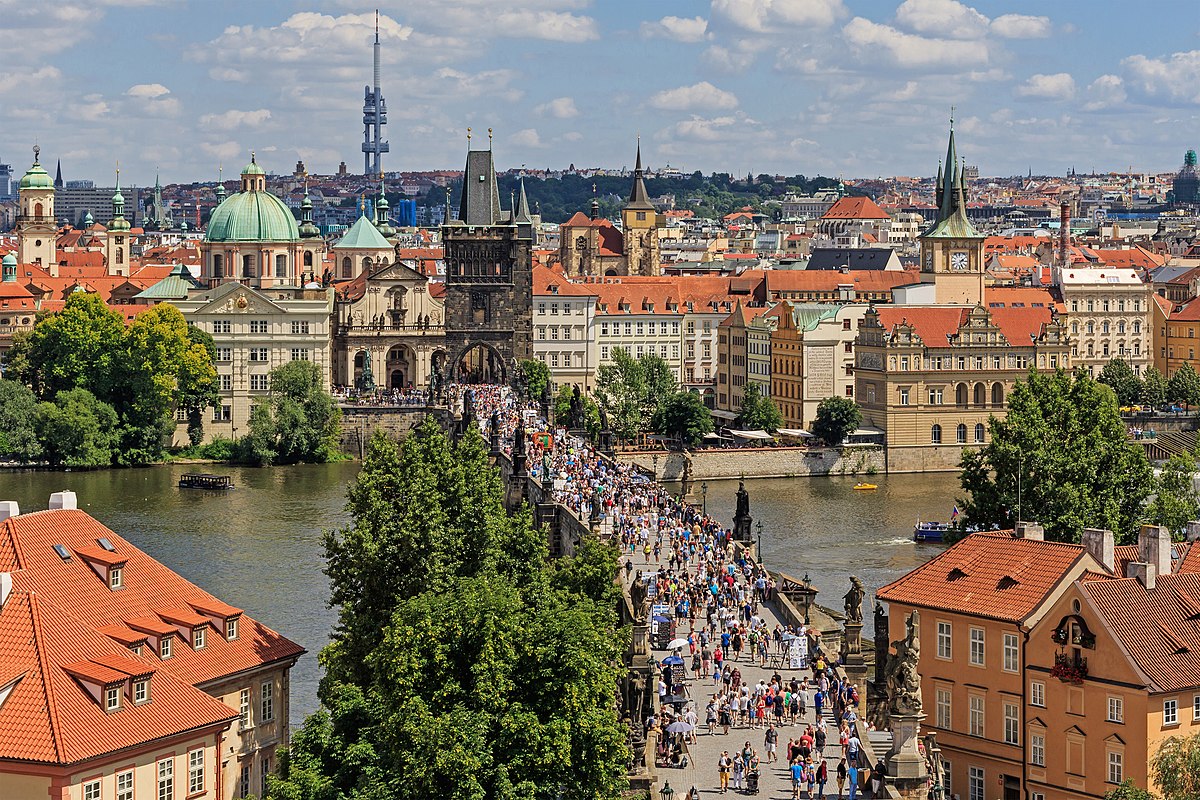Plan Your Travel To Austria
Austria Travel Essentials
Ideal Duration: 10 - 14 days
Currency: Euro (EUR)
Best Time: June-August, September and October Read More
Budget: Expensive
"The Land of Music and Arts"
Austria Tourism
The centre of Europe, Austria, is a fascinating vacation destination for all kinds of tourists. This quaint nation, well-known for its magnificent scenery, ancient towns, and rich cultural legacy, provides a wide range of activities. In Vienna, tourists may explore famous sites like St. Stephen's Cathedral and Schönbrunn Palace while also taking in the city's exquisite ambiance. The Alps provide breathtaking scenery and popular outdoor sports like skiing, hiking, and mountain biking for those who love the great outdoors. Explore Mozart's birthplace, Salzburg, with its enchanted lakes and quaint villages, or relax in the well-known spa towns of Bad Gastein and Bad Ischl. Travel to Austria offers something for everyone, with guaranteed unforgettable experiences.
Must Know Before You Travel to Austria
- Visa Requirements: Check visa requirements based on your nationality before travelling to Austria.
- Currency: Austria uses the Euro (EUR) as its official currency.
- Language: While German is the official language, English is widely spoken, making communication easy.
- Transport: Austria boasts an efficient and well-connected transportation network, including trains, trams, and buses.
- Weather: Pack accordingly as Austria experiences distinct seasons, with cold winters and warm summers.
- Local Cuisine: Don't miss trying traditional dishes like Wiener Schnitzel and Sachertorte.
- Cultural Etiquette: Austrians appreciate politeness and formalities. Greet people with a handshake, say "please" and "thank you," and wait for your turn-in queues.
- Cash and Cards: While major credit cards are widely accepted, it's advisable to carry some cash, especially in smaller towns and markets.
- Time Zone: Austria is in the Central European Time (CET) zone. Be aware of the time difference if you are arriving from a different time zone.
- Safety Precautions: Austria is generally safe, but like any destination, be cautious of your belongings in crowded areas. You can access emergency assistance by calling 112.
- Public Behaviour: Austrians value quiet and privacy, especially on public transportation. Keep conversations at a low volume and avoid loud behaviour.
- Shopping Hours: Shops in Austria generally close early in the evening. Be aware of store hours, especially in smaller towns.
Tourist Places to Visit In Austria
Vienna
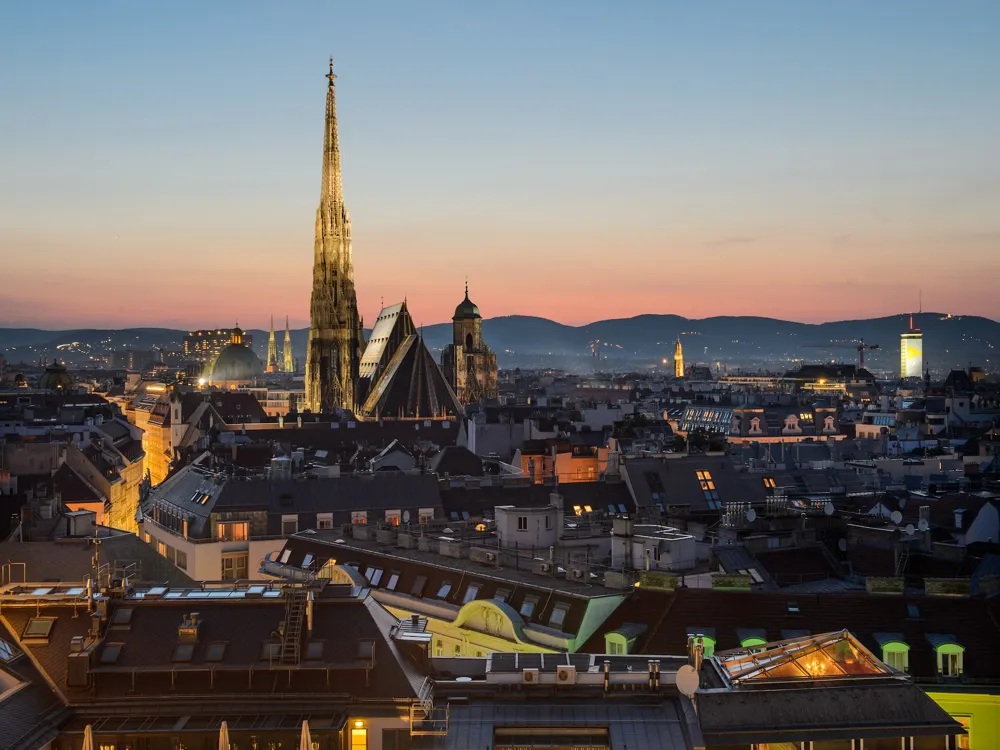
Salzburg
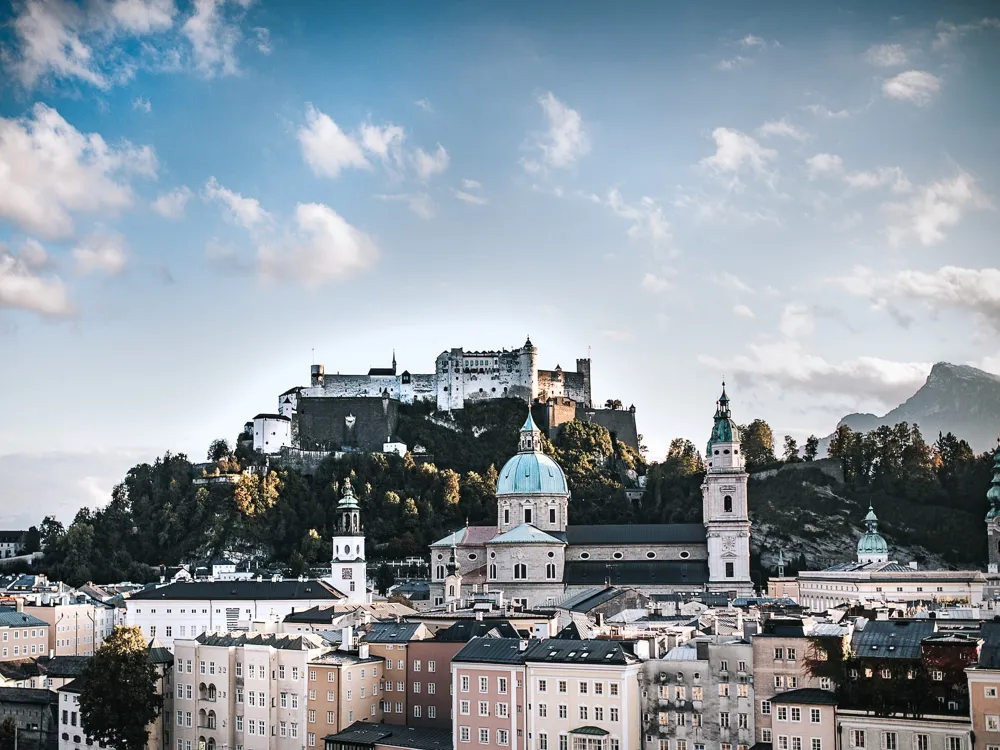
Austria Travel Packages
Compare quotes from upto 3 travel agents for free
View All Packages For Austria
More on Austria Travel
All collections about Austria
Best time to visit Austria
The best time to visit Austria is during spring (April to June) and autumn (September to November). Spring in Austria is a lovely time with blooming flowers and pleasant temperatures. This is a great season for outdoor activities, such as hiking and cycling, as the countryside comes to life. In autumn, the weather is still pleasant, and the fall foliage is spectacular. The crowds start to thin out, making it a more peaceful and cost-effective time to travel.Summer (June to August) is the peak tourist season in Austria, especially in July and August. The best seasons to visit Austria are from April to June in the spring and from September to November in the fall. Spring is a lovely time of year in Austria, with flowers in bloom and pleasant weather. This is the best time of year to go trekking and cycling since the scenery is at its most colourful. The weather is still pleasant in the autumn, and the foliage is spectacular. As the throng begins to disperse, it's a more tranquil and affordable time to visit.The busiest travel months in Austria during the summer, which lasts from June to August, are July and August. It's a warm day, perfect for outdoor activities. This is the ideal season for trekking, lake bathing, and taking in the verdant alpine scenery. Summertime is a typical time for festivals and outdoor music performances.Austria's winter season (December to February) is well-known for its ski areas and Christmas markets.Excellent skiing, snowboarding, and other winter sports are available in the Austrian Alps. temperatures of ants. The landscape is at its most vibrant during this season, making it ideal for outdoor pursuits like cycling and hiking. The autumn foliage is breathtaking, and the weather is still comfortable in the autumn. It's a more serene and economical time to go as the crowds start to clear out.In Austria, July and August are the busiest travel months throughout the summer, which runs from June to August. The mild weather makes for great outdoor experiences. Hiking, lake bathing, and taking in the verdant alpine scenery are all ideal during this season. Summertime brings a lot of festivals and outdoor music events.Austria is known for its ski resorts and Christmas markets throughout the winter months of December through February. There's great skiing, snowboarding, and other winter sports in the Austrian Alps.
Top Stories about Austria Tourism
Read More on Austria Travel
Exchanging money in Austria:
It's crucial to become familiar with the currency exchange procedure before travelling to Austria. The Euro (€), which is the national currency, is widely accepted all around the nation. Banks, exchange bureaus, and certain hotels all offer currency exchange services. To make sure you receive the best bargain, it is recommended to compare rates before making any exchanges. Additionally, ATMs are widely accessible, which let you take money out of your bank account right away. Although most restaurants take major credit cards, it's a good idea to have cash on hand for smaller shops or in remote regions.
Nightlife in Austria:
Austria has a thriving and varied nightlife culture that accommodates a wide range of interests and tastes. You may enjoy a night out at a variety of pubs, clubs, and lounges in towns such as Salzburg, Innsbruck, and Vienna. There is something for everyone, from hip cocktail lounges to vibrant dance clubs and cosy jazz places. Live music performances, cultural gatherings, and themed parties bring the cities to life. Although Vienna is well known for its classical music scene, other towns have more modern venues. Don't forget to review the local rules and ordinances pertaining to admission requirements and alcohol use.
Shopping in Austria:
There are many places to buy in Austria, from local markets and specialised shops to upscale designer boutiques. High-end stores and worldwide fashion labels may be found on upscale shopping avenues like Graben and Kärntner Strasse in towns like Salzburg and Vienna. These cities are also well-known for their sophisticated department stores and malls, which provide a large selection of goods. Make sure to check out local markets like Getreidegasse in Salzburg or Naschmarkt in Vienna if you're searching for distinctive mementos or traditional handicrafts.
Festivals in Austria:
Austria is well known for its colourful festivals and deep cultural heritage. Numerous festivals and events are held all year to showcase the music, art, and legacy of the nation. Held yearly at the Vienna State Opera, the Vienna Opera Ball is one of the most well-known festivities. International visitors attend this esteemed event, where they are treated to a sophisticated evening of classical music. Other noteworthy events are the Vienna Foreign Film Festival, which features a variety of foreign films, and the Salzburg Festival, which honours classical music and performing arts. Austria also has a plethora of regional cultural events showcasing indigenous cultures and traditions.
Hygiene in Austria:
Austria is a clean and safe holiday destination because it upholds high standards of cleanliness. In the nation, public areas, including hotels, restaurants, and public transportation, are expected to be kept clean. It is safe to consume tap water, and many public spaces include drinking fountains. As is typical in most civilised nations, using public restrooms sensibly and keeping oneself clean are required. Keeping personal hand sanitizer on hand and washing your hands frequently are advised, particularly during flu seasons and while visiting busy areas.
Tips for visiting Austria:
Austria has a wide range of temperatures throughout the year, so it's vital to pack accordingly. Since many sights are best visited on foot, make sure to pack good walking shoes. The efficient and well-connected public transport system in Austria consists of buses and trains. Even though English is commonly spoken in tourist regions, it's always courteous to pick up a few simple German words. Remember to sample authentic Austrian dishes like Wiener Schnitzel and Sachertorte and take in the breathtaking scenery that lies outside of the cities.
Food of Austria:
The rich food legacy of Austria is reflected in the substantial, delicious meals that make up Austrian cuisine. Classics like Tafelspitz, boiling beef with horseradish and apple-horseradish sauce, and Wiener Schnitzel, breaded and fried veal escalope eaten with potatoes or noodles, are examples of traditional Austrian cuisine. The renowned Sachertorte, a rich chocolate cake with apricot jam and dark chocolate icing, is another highlight. Austria is particularly well known for its coffee culture, including charming coffee shops that sell mouthwatering pastries like Linzer torte and apple strudel. Don't pass up the opportunity to sample regional cuisine and revel in Austrian delicacies.
Photos of Austria
All Country Photos Austria
Popular Questions And Answers on Austria
What are the must-visit cities in Austria?
Vienna, Salzburg, Innsbruck, and Graz are some of the top cities to explore in Austria, each offering unique cultural and historical experiences.
What's the best time to visit Austria?
The best time to visit Austria is during the summer months (June to August) for pleasant weather, or in the winter (December to February) for skiing and winter sports.
What are the top attractions in Vienna?
Key attractions in Vienna include Schönbrunn Palace, St. Stephen's Cathedral, Belvedere Palace, and the Vienna State Opera.
Is the Vienna Pass worth buying for tourists?
The Vienna Pass can be a good value if you plan to visit several attractions in Vienna. It provides access to many museums and discounts on various tours.
What are the best dishes to try in Austria?
Don't miss out on Wiener Schnitzel, Sachertorte, Apfelstrudel, and traditional Austrian dishes like Tafelspitz and Kaiserschmarrn.
Are there any famous music festivals in Salzburg?
Yes, Salzburg hosts the Salzburg Festival, a renowned classical music and performing arts festival, which takes place in July and August.
What are the top outdoor activities in the Austrian Alps?
You can enjoy hiking, skiing, snowboarding, and mountaineering in the Austrian Alps, with popular regions like Tyrol and Vorarlberg.
How can I explore the beautiful Austrian lakes?
Lakes such as Wolfgangsee, Hallstätter See, and Neusiedler See offer opportunities for boating, swimming, and picturesque lakeside towns to visit.
What is the Vienna Card, and how does it benefit tourists
The Vienna Card provides discounts on public transportation and various attractions, making it a cost-effective option for exploring the city.
Is it safe to drink tap water in Austria?
Yes, tap water in Austria is safe to drink, and it's of high quality. You can confidently refill your water bottle throughout your trip.

jpg.webp)
